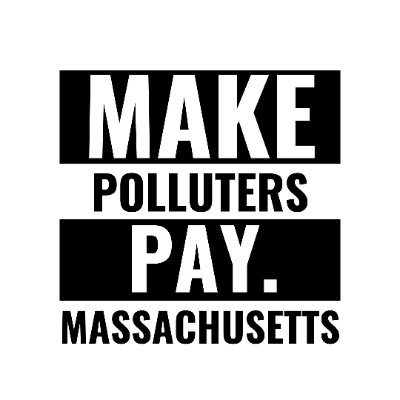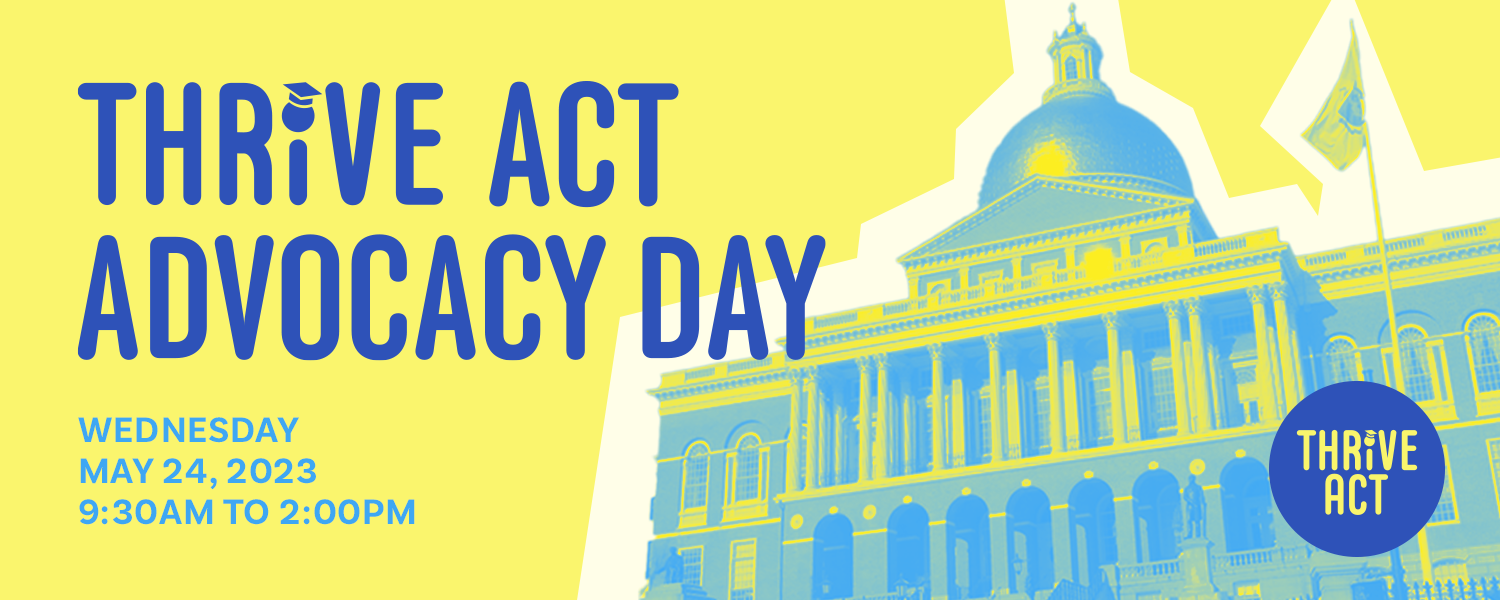Wednesday, May 17, 2023
Chair Rausch, Chair Cahill, and Members of the Joint Committee on Environment and Natural Resources,
My name is Jonathan Cohn, and I’m the policy director of Progressive Massachusetts, a statewide, member-based grassroots advocacy organization fighting for a more equitable, just, sustainable, and democratic Commonwealth.
We urge you to give a favorable report to H.872/S.481: An Act establishing a climate change superfund and promoting polluter responsibility (“Polluters Pay”), filed by Sen. Jamie Eldridge and Rep. Steve Owens.
Massachusetts is already facing the impacts of climate change, and it will only get worse. The increased incidence of storms will damage coastlines and increase inland flooding: the state has projected that inland property damage due to climate change will increase by almost 50% by mid-century, with a disproportionate impact on low-income communities. Additional rail repair costs from extreme temperatures could reach $6 million per year by 2050 and a striking $35 million by the end of the century, and repair costs for electric transmission and utility distribution infrastructure alone are projected to increase by almost $100 million by 2050, with power outages disproportionately impacting low-income communities again. Not to mention the impact on human health and lives.1
Meanwhile, major fossil fuel companies are seeing record profits. The very companies who lied to the public for decades about climate change are benefiting while all of us, especially the most vulnerable, bear the cost.
We already have a successful model for addressing these situations of public damages, private profits: the “polluter pays” principle. This principle is employed in all of the major US pollution control laws: Clean Air Act, Clean Water Act, Resource Conservation and Recovery Act (solid waste and hazardous waste management), and Superfund (cleanup of abandoned waste sites).
This bill would extend that proven principle to the climate crisis by establishing a climate change adaptation cost recovery program. It would require companies that have contributed significantly to the buildup of climate-warming greenhouse gasses in the atmosphere to bear a share of the costs of needed infrastructure investment, based on their historic emissions.
This bill would raise an estimated $75 billion over 25 years from the 20 largest polluting companies to provide funding for climate resiliency efforts such as restoring coastal wetlands; upgrading roads, bridges, subways, and transit systems; preparing for and recovering from hurricanes and other extreme weather events; installing energy efficient cooling systems; upgrading the electrical grid; and expanding green spaces and urban forestry.
Moreover, the bill understands that our sustainability transition must be a just one, with key provisions to ensure that sufficient funds go to environmental justice populations and that the funding goes to the creation of good-paying jobs.
Massachusetts has taken important steps toward climate mitigation in recent sessions and we must continue to do so to meet our state’s climate goals, but we also need to address the climate crisis that is already hitting communities. This bill shows a way forward.
Sincerely,
Jonathan Cohn
Policy Director
Progressive Massachusetts
Endnotes
[]1 Gloninger, Chris and Asher Klein. “When a Major Hurricane Hits New England, the Costs Will Be Huge.” NBC News. July 25, 2019. https://www.nbcboston.com/news/local/catastrophic-hurricane-new-england-modeling/92234/; Zhao, Bo. The Effects of Weather on Massachusetts Municipal Expenditures: Implications of Climate Change for Local Governments in New England. Boston: Federal Reserve Bank of Boston, 2023; 2022 Massachusetts Climate Change Assessment. Boston: Commonwealth of Massachusetts, 2022. https://www.mass.gov/doc/2022-massachusetts-climate-change-assessment-december-2022-volume-i-executive-summary/download.









.png)
 REJECT the proposed cut to the short-term capital gains tax that would overwhelmingly benefit wealthy investors;
REJECT the proposed cut to the short-term capital gains tax that would overwhelmingly benefit wealthy investors;



 :
:  :
:


